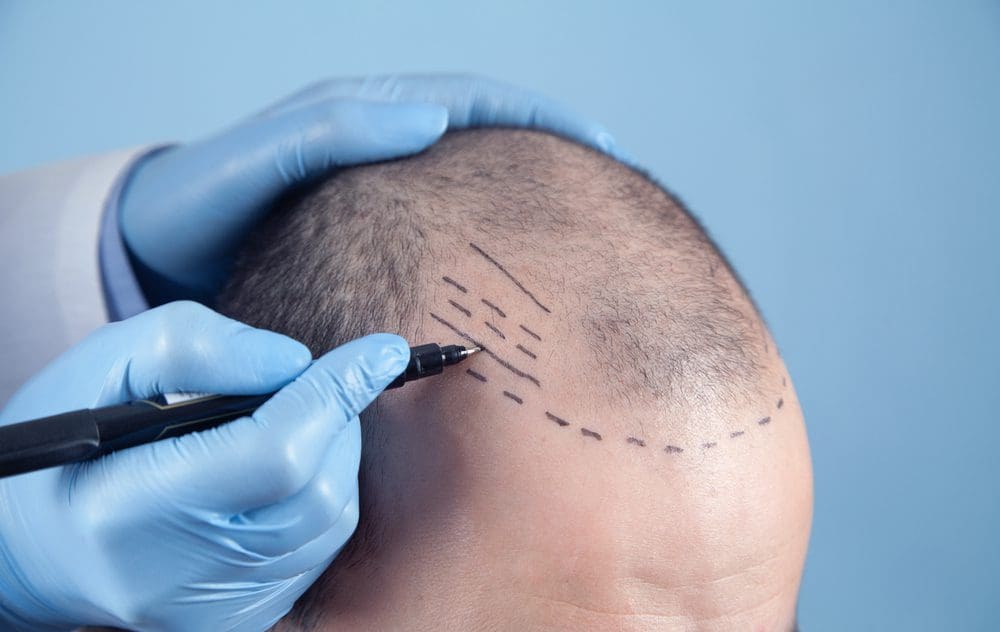In today’s ever-evolving healthcare landscape, the demand for patient-centered and holistic approaches to wellness is on the rise. Functional medicine has emerged as a transformative paradigm that prioritizes individualized care and addresses the root causes of health issues.In this article, we explore the revolutionary role of patient-centered functional medicine in transforming the way we approach healthcare and helping you get your health back to its optimal state.
The Current Healthcare Landscape
Conventional medicine often adopts a one-size-fits-all approach, focusing primarily on symptom management through medication and surgical interventions. While this approach has undoubtedly saved countless lives, it may fall short in addressing the complexities of chronic diseases and promoting overall well-being.
The World Health Organization (WHO) defines health as “a state of complete physical, mental, and social well-being and not merely the absence of disease or infirmity.”
The Rise of Chronic Diseases
Chronic diseases, such as diabetes, heart disease, and autoimmune disorders, are becoming increasingly prevalent worldwide. These conditions are often linked to lifestyle factors, genetics, and environmental influences, making them challenging to treat with a one-size-fits-all approach.
Functional Medicine: A Paradigm Shift
Functional medicine is a patient-centered approach that seeks to identify and address the underlying root causes of illness. It emphasizes the interconnectedness of various bodily systems and the importance of individualized care.
Dr. Jeffrey Bland, often referred to as the “Father of Functional Medicine,” played a significant role in popularizing this approach in the late 20th century.
Personalized Treatment Plans: One of the hallmarks of functional medicine is its focus on personalized treatment plans. Rather than offering generic solutions, practitioners conduct in-depth assessments, including comprehensive lab testing and patient history evaluations, to tailor treatments to each individual.
The Pillars of Functional Medicine
Functional medicine recognizes that health is more than just the absence of disease; it encompasses physical, mental, emotional, and social well-being. This holistic perspective guides practitioners in addressing the whole person, not just their symptoms.
The Importance of Nutrition: Nutrition plays a central role in functional medicine. A nutrient-dense diet rich in vitamins, minerals, and antioxidants is crucial for supporting overall health and addressing many chronic conditions.
Hippocrates, often considered the father of medicine, famously said, “Let food be thy medicine, and medicine be thy food.”
Balancing Hormones: Hormonal balance is essential for optimal health. Functional medicine practitioners often focus on identifying and correcting hormonal imbalances that may contribute to various health issues.
Patient-Centered Care: The Heart of Functional Medicine
In functional medicine, the doctor-patient relationship is central to the healing process. Practitioners take the time to listen to their patients, understand their concerns, and collaboratively develop treatment plans.
Empowering Patients: Functional medicine empowers patients to take an active role in their health journey. By educating individuals about the underlying causes of their conditions and providing tools for self-care, patients become partners in their own healing.
The term “patient-centered care” was popularized by the Institute of Medicine (now known as the National Academy of Medicine) in the early 21st century.
Root-Cause Resolution: The Functional Medicine Approach
Functional medicine digs deep to uncover the root causes of health issues. This often involves extensive laboratory testing to identify imbalances, deficiencies, and dysfunctions within the body.
Targeted Interventions: Once the underlying causes are identified, functional medicine practitioners can design precise and targeted interventions to address these issues. This approach is often more effective and sustainable than simply managing symptoms.
Integrating Functional Medicine into Healthcare
Functional medicine can complement conventional medical treatments, offering a more comprehensive and holistic approach to health. Patients receiving ongoing medical care can benefit from the added insights and personalized support provided by functional medicine.
The Role of Technology: Advances in technology have enabled functional medicine to become more accessible. Telemedicine platforms and digital health tools allow patients to connect with functional medicine practitioners from the comfort of their homes.
Telemedicine usage surged during the COVID-19 pandemic, highlighting its potential to revolutionize healthcare delivery.
Finding a Functional Medicine Practitioner
If you’re considering functional medicine as part of your healthcare journey, finding the right practitioner is crucial. Here are some steps to help you make an informed choice:
- Research: Look for functional medicine practitioners in your area or consider telemedicine options. Check their qualifications and read patient reviews.
- Consultation: Schedule a consultation to discuss your health goals and concerns. Pay attention to their communication style and willingness to listen.
- Credentials: Verify the practitioner’s credentials and certifications in functional medicine.
- Compatibility: Consider how well you connect with the practitioner on a personal level. Trust and open communication are vital.
- Individualized Care: Ensure that the practitioner offers personalized treatment plans tailored to your unique needs and preferences.
Transforming Healthcare, One Patient at a Time
Functional medicine represents a paradigm shift in healthcare—one that prioritizes patients’ individual needs, seeks root-cause resolution and embraces a holistic perspective on health and wellness.
The Cleveland Clinic, a renowned medical institution, has established the Center for Functional Medicine, highlighting the growing acceptance of this approach within mainstream healthcare.
As patients increasingly seek more personalized and holistic healthcare solutions, functional medicine is poised to play a pivotal role in transforming the healthcare landscape. By empowering individuals to take an active role in their health and addressing the underlying causes of illness, functional medicine offers a hopeful vision of a healthier future—one patient at a time.
Stay in touch to get more updates & news on Early Edu!



